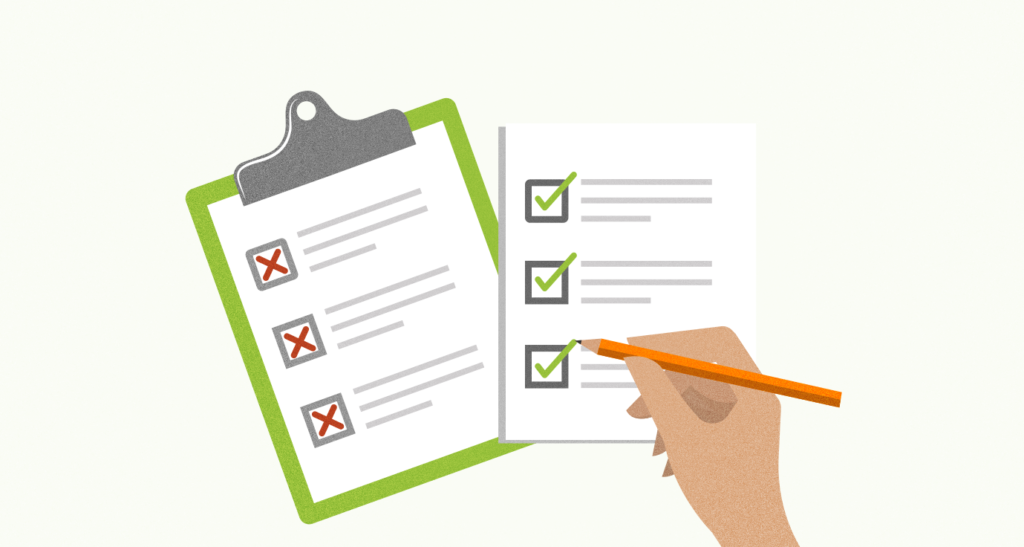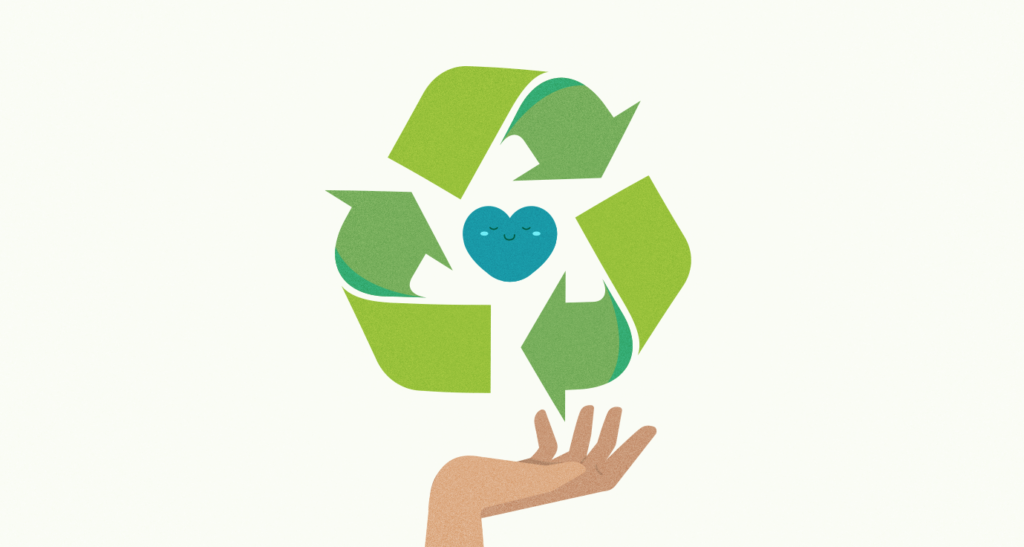When you grab a bite on your way home, do you ever pay attention to what you throw away? In today’s fast-paced world, we rarely stop and think about everything we’re throwing away. Statistics show that most of the trash that companies pay to throw away into landfills can be recycled or reused.
Waste audits are expensive and if they make you think whether they’re a waste of money, then you’re not alone. Waste audits look expensive but in the long run, they can help you save a lot of money and resources. It’s a potential revenue-making and savings opportunity that businesses often overlook.
In this article, we will discuss why you need a waste audit, the benefits of a waste audit, and how a waste audit helps companies save money and reach the ultimate zero waste goal.
What Exactly is a Waste Audit?
A waste audit is a process of determining the amount and types of waste produced by a large facility. It uncovers inefficient waste management practices and helps companies reach the zero waste goal by minimizing waste that goes into the landfills via reusing and recycling.
Why Do We Need a Waste Audit?
A study on commercial building waste showed that the waste from most buildings ended up in landfills instead of a recycling or compostable organic stream. An astonishing 62% of waste thrown away is recyclable or reusable. The remaining 38% consists of residuals – material that cannot be recycled or reused.
Here’s what a general waste stream of a commercial building looks like:
- 36% Organics
- 14% Glass/Metal/Plastic
- 10% Paper
- 1% Cardboard
- < 1% Electronic Waste
While a general waste stream looks like that, the waste stream of your company will be a little different. Waste audits help you get customized and accurate data about your company’s waste stream and find ways to optimize it.
Waste Audits are just a snapshot of the problem. Multiple factors can change the results of a waste audit. For example, what time of year are you conducting the audit? If it’s winter, then you’re likely to find lots of coffee (and other warm drink) paper and bio-compostable cups. While in summer, you’ll see a lot of water and juice bottles.
Finally, waste audits are generally all-encompassing but, large facilities tend to have vastly different diversion rates across different zones due to concessionaires. This makes generalizations inaccurate and you end up with erroneous results. In large facilities like airports, stadiums, and hospitals, waste audits can be especially helpful due to the transient nature of visitors.

Benefits of Waste Audit
A waste audit allows organizations to find value in what they are about to throw away. There are multiple benefits to a waste audit, but here are the top four ways that a waste audit can help your organization.
Reduce Money Spent on Waste Management
Due to inefficient waste management practices, companies spend a lot of money throwing away waste that can be reused or recycled. Once you’ve found the areas for improvement, it’s just a matter of taking the right actions to improve your waste management practices.
Make Data-driven Decisions
By conducting a waste audit, you can start working with data instead of guessing. For example, if the audit results show that recyclables are ending up in the trash, then you can work on refining the recycling program and promoting recycling education.
Save Money
You can save money via a waste audit by unlocking the potential within your trash. By reducing what ends up in landfills, you’re not just saving the environment but also reducing the waste hauling fee, and the recyclables may have value on the market.
Measure Success
You cannot improve without measuring success. A waste audit helps you set up a benchmark and baseline every year. That way, you can measure the effectiveness of your recycling programs and set new targets.
Meet Certification Standards
By conducting waste audits, you can meet the requirements for certification standards such as LEED (Leadership in Energy and Environmental Design). You can also use the data from the waste audit to fulfill requirements for regulatory compliance and reporting purposes such as CSR (corporate social responsibility) or GRI (global reporting initiative).
How Waste Audit Saves Money
Do you know how much waste one person produces per day? According to EPA, 4.9 pounds. In total, about 292.4 million tons of municipal solid waste (MSW) were generated in 2018. Out of the 292.4 million tons of MSW, only 69 million were recycled and 25 million were composted. An extra 17.7 million tons of food were managed by other methods and the rest went right into the landfills.
Waste audits help companies save money and resources by finding opportunities within the waste stream. Generally, we throw away items without realizing their full potential and end up contributing more and more to the landfills. By looking into the waste audit data, you can find potential savings and revenue-making opportunities. You may also be able to cut down on the waste hauling fees and find value for your recyclables and reusable items in the market.
Here are a few ways that a waste audit helped companies save money:
- Uncover potential revenue streams.
- Find potential savings opportunities
- Reduce waste hauling costs
- Reusing and recycling items instead of buying new
- Cut down on unnecessary waste items

Zero Waste – The Ultimate Goal behind Waste Audits
Ultimately, it all comes down to one thing – the zero waste goal. It refers to the conservation of all resources by efficiently managing production, consumption, reuse, and recovery of all materials. Companies like Microsoft and Google are pursuing the zero waste goal to make the world a better place for generations to come.
We discussed how a waste audit, in itself, is expensive, but the value it brings to the business is long-lasting. However, the value it brings to the planet by reducing the amount of trash that goes into the landfills is even more important. About 91 percent of plastic is never recycled and it takes anywhere from decades to centuries to break down in oceans or landfills. Plastic bags take about 20 years to decompose and bottles take about 450 years.
By reducing the amount of waste a company is producing, you can find ways to reuse the product or recycle it. That way, fewer items end up in the landfills and you can lead a more environmentally-conscious lifestyle.
The Problem with Traditional Waste Audits
The problem with traditional waste audits is that it’s a time-consuming process and the audit data is generic and lacks critical details. Each step requires considerable time, resources, and planning. You assemble a team, set a date, determine waste categories, gather tools, sort the trash, and analyze the results. However, completing a waste audit means asking the next question of how to measure and validate success. Since waste audits are long and expensive, you can’t go about having those very often.
Technology is changing the world for the better and conducting a traditional waste audit means actually digging through the trash, which doesn’t give you real-time data. For efficient waste management, you need audits that can give you real-time data within minutes and that’s where TrashBot comes in.
TrashBot is a smart recycling bin that sorts waste up to 300% more accurately than humans. With TrashBot, all that goes into each one of your bins are at your disposal all the time. Using a unique analytics platform, you can select which TrashBots’ data you’d like to view and see user deposit minutes. The data is updated every fifteen minutes. There’s no need to speculate anymore, as the data tells you the full story, whenever you want.

